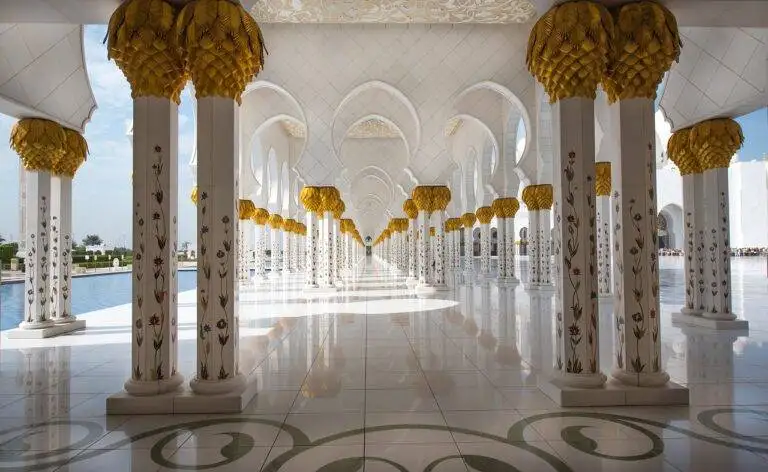Religious and Spiritual Journeys: Pilgrimages and Sacred Destinations
Some of the most renowned sacred destinations around the world have captivated travelers for centuries with their spiritual allure and historical significance. From the majestic temples of Angkor Wat in Cambodia to the awe-inspiring Mecca in Saudi Arabia, these sacred sites offer a profound sense of connection to the divine for pilgrims and visitors alike. The sheer grandeur and architectural marvel of these destinations serve as a testament to the enduring faith of believers and the rich tapestry of religious traditions that have shaped our world.
In countries like India, the Varanasi ghats beckon devotees to partake in ancient rituals along the sacred Ganges River, while the serene landscape of Lourdes in France is a sanctuary for those seeking healing and solace. Each sacred destination carries a unique resonance, drawing pilgrims from far and wide to embark on a spiritual journey of introspection and reverence. The spiritual energy and profound sense of history embedded within these sites make them not only cultural landmarks but also powerful symbols of faith and devotion.
• Angkor Wat in Cambodia
• Mecca in Saudi Arabia
• Varanasi ghats in India
• Lourdes in France
These sacred destinations offer a profound sense of connection to the divine for pilgrims and visitors alike.
The grandeur and architectural marvel of these sites serve as a testament to enduring faith and religious traditions.
Each destination carries a unique resonance, drawing pilgrims from far and wide on spiritual journeys.
The spiritual energy and history embedded within these sites make them powerful symbols of faith and devotion.
The Historical Significance of Pilgrimages
Pilgrimages have played a crucial role in the history of many religions, often serving as a means for believers to deepen their faith and spiritual connection. These sacred journeys are not only a way to honor important religious figures or events, but also an opportunity for individuals to seek blessings, forgiveness, or healing at holy sites around the world. Pilgrimages have been a common practice across various cultures and religions for centuries, reflecting the universal human desire for spiritual growth and connection to the divine.
Throughout history, pilgrimages have been significant for fostering unity and solidarity among followers of a particular faith. By embarking on a pilgrimage together, individuals can create lasting bonds and a sense of community, sharing in a common devotion and purpose. These shared experiences of hardship and devotion can strengthen the faith of pilgrims and create a sense of belonging to something greater than themselves, transcending individual differences and bringing people together in a shared spiritual journey.
The Connection Between Religion and Travel
Many religious traditions involve the act of traveling to sacred locations as a means of deepening one’s faith and connection to their beliefs. These pilgrimages often symbolize a spiritual journey, where individuals seek enlightenment, guidance, or penance by visiting places of significance to their religion. Such travels are seen as opportunities for spiritual growth, reflection, and renewal.
Traveling for religious purposes not only strengthens an individual’s personal faith but also fosters a sense of community and unity among believers. Pilgrimages bring people from different backgrounds together in a shared purpose, creating a sense of solidarity and mutual respect. The sharing of religious rituals and practices during these travels promotes understanding and cooperation, fostering a bond that transcends geographical and cultural boundaries.
What are some key sacred destinations around the world?
Some key sacred destinations around the world include Mecca for Muslims, Varanasi for Hindus, Jerusalem for Christians, Buddhists, and Jews, and the Vatican City for Catholics.
What is the historical significance of pilgrimages?
Pilgrimages have a long history in many religions, serving as a way for believers to deepen their faith, seek blessings, and connect with their spiritual roots. They often involve visiting sacred sites, performing rituals, and seeking spiritual enlightenment.
How is religion connected to travel?
Religion and travel are closely connected as many religious practices involve journeying to sacred places, such as pilgrimage sites, temples, mosques, and churches. Traveling to these places allows believers to connect with their faith, seek spiritual fulfillment, and experience the cultural and historical significance of their religion.





